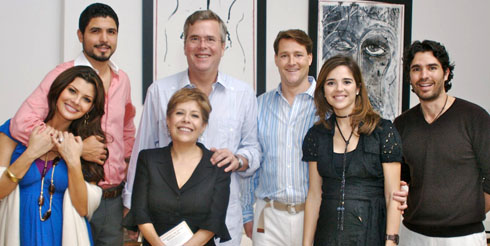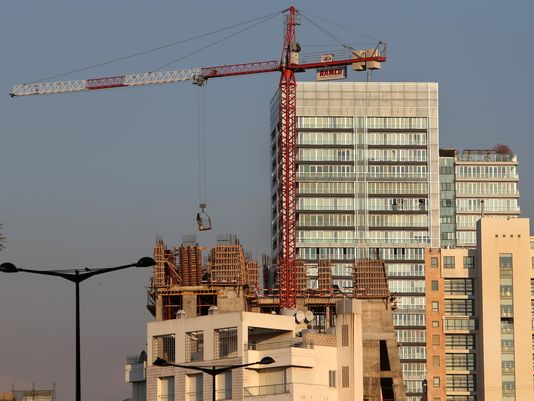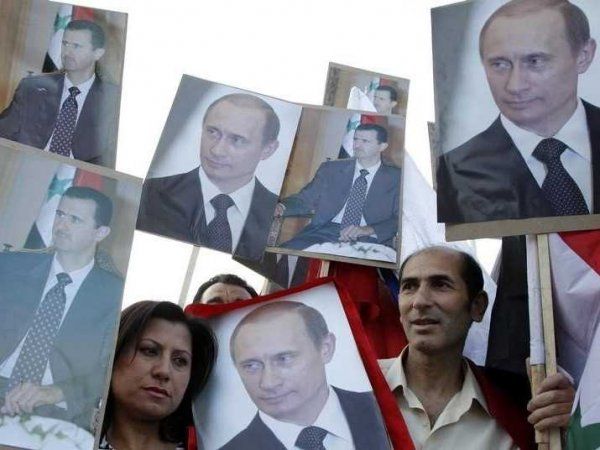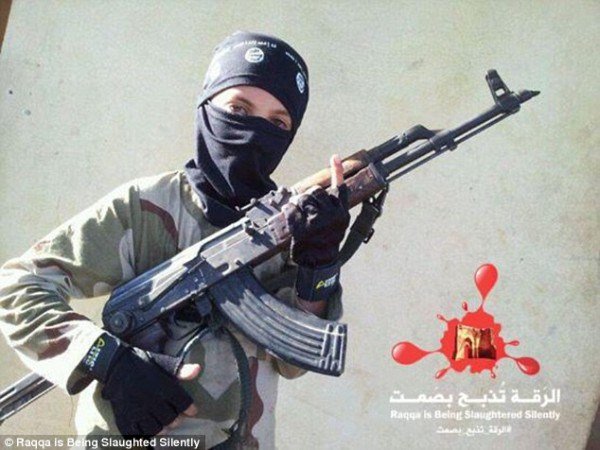BEIRUT: The Future bloc lent its support Tuesday for new Army measures regulating the entry of individuals into the outskirts of the northeastern town of Arsal. “The bloc supports the measures taken by the Lebanese Army to protect the border and civil peace in Arsal,” read a statement released by the bloc after their […]
Sheikh Wissam al-Masri announced Tuesday after a brief visit to Islamic State militants in Arsal’s outskirts that the group is demanding a border “buffer zone” to “protect” Syrian refugees in the area as well as a “hospital” for treating the wounded and the release of women prisoners from Lebanese jails. “I met with the […]
SIDON, Lebanon: Residents of a southern Lebanese border village got into a fight Tuesday with a UNIFIL patrol, making off with three of their vehicles and leaving one peacekeeper wounded. According to a source, residents of the border town of Ramya got into a scuffle with Ghana’s UNIFIL contingent after the locals became angered […]
TRIPOLI, Lebanon: Military fatigues adorned the tattered streets of Bab al-Tabbaneh Monday, as the Lebanese Army handed out wool blankets to area residents affected by the latest military crackdown on jihadis in north Lebanon. In coordination with the U.S. Embassy’s Office of Defense Cooperation, the Army distributed 2,000 wool blankets, two for each family. […]
The Israeli army staged patrols alongside the border with Lebanon on Monday as a reconnaissance aircraft flew over the occupied Shebaa Farms. “Since 4:30 pm, patrols by the Israeli enemy army were detected alongside the borderline from the axis of Abbasiyyeh in the west all the way to the heights of Shebaa and Kfarshouba […]
BEIRUT: The Internal Security Forces called on Lebanese citizens Monday to abstain from bursting fireworks during New Year’s Eve. In a statement, the ISF said fireworks displays during the holiday season has had lethal consequences, causing death, physical injury, fire and damage to public and private property. In an effort to prevent any fireworks-related […]
 \
\
Jeb Bush fluent in Spanish and wife from Mexican heritage
BY Steve Peoples, AP
WASHINGTON (AP) — The faces of the Republican Party’s most ambitious members are changing.
Long criticized as the party of old white men, the GOP’s next class of presidential contenders may include two Hispanic senators, an Indian-American governor, a female business leader and an African-American neurosurgeon. In a group that could exceed a dozen Republican White House prospects, all but a few are in their 40s or 50s, while one of the oldest white men is a fluent Spanish speaker whose wife is a native Mexican.
The diverse group is a point of pride for those Republicans who have long pushed for a welcoming "big tent" party. "This is a diverse nation, and we need to be a diverse party," said Carly Fiorina, the former Hewlett-Packard chief executive and only Republican woman openly weighing a 2016 bid. "That doesn’t mean we sacrifice our principles, but it means we need to look like and understand and empathize with the nation." Republican strategists hope that a more diverse slate of candidates will help appeal to a growing minority population that has given Democrats a decided advantage in the last two presidential contests.
Emma Gatten and Nadia Massih, Special for USA TODAY

BEIRUT, Lebanon — For more than two decades, the whirr of cranes and the hum of bulldozers have resounded through this capital city, as shiny new skyscrapers went up and buildings pock-marked by bullets and bombs came down. The redevelopment of Beirut’s downtown was intended to heal wounds from Lebanon’s 15-year civil war, with hopes to draw back the international jet-setters and high-fliers who frequented its swanky bars and exclusive beach clubs before the city center was reduced to rubble.
But these days, visitors are met with rows of shuttered shops, boarded-up restaurants and rent signs flapping in the wind following a spate of kidnappings and bombings over the past two years. "Business is very, very bad," said Ahmad Bushnaq, forlornly surveying his deserted restaurant underneath the Place D’etoile square’s clock tower — once among the most lucrative slices of real estate in the district. On this particular day, he had just one table for lunch.
Beirut’s downtown is a symbol of how the fortunes of this tiny Mediterranean country are at the mercy of regional influences.

BEIRUT (Reuters) – Syria said on Saturday it is willing to participate in "preliminary consultations" in Moscow aimed at restarting peace talks next year to end its civil war.
"Syria is ready to participate in preliminary consultations in Moscow in order to meet the aspirations of Syrians to find a way out of crisis," state television said, quoting a source at the Syrian foreign ministry. Moscow, an ally of Syrian President Bashar al-Assad, has pushed to restart talks that collapsed in Geneva in February.
Russian Foreign Minister Sergei Lavrov said this month that he wanted Syrian opposition groups to agree among themselves on a common approach before setting up direct talks with the Damascus government. But Lavrov did not specify which opposition groups should take part.
Russia has long backed Assad, including with arms supplies for Syria, but he has become a more important ally for Moscow since the 2011 Arab Spring protests toppled several autocrats in the Middle East, some of whom had close ties with Moscow.




